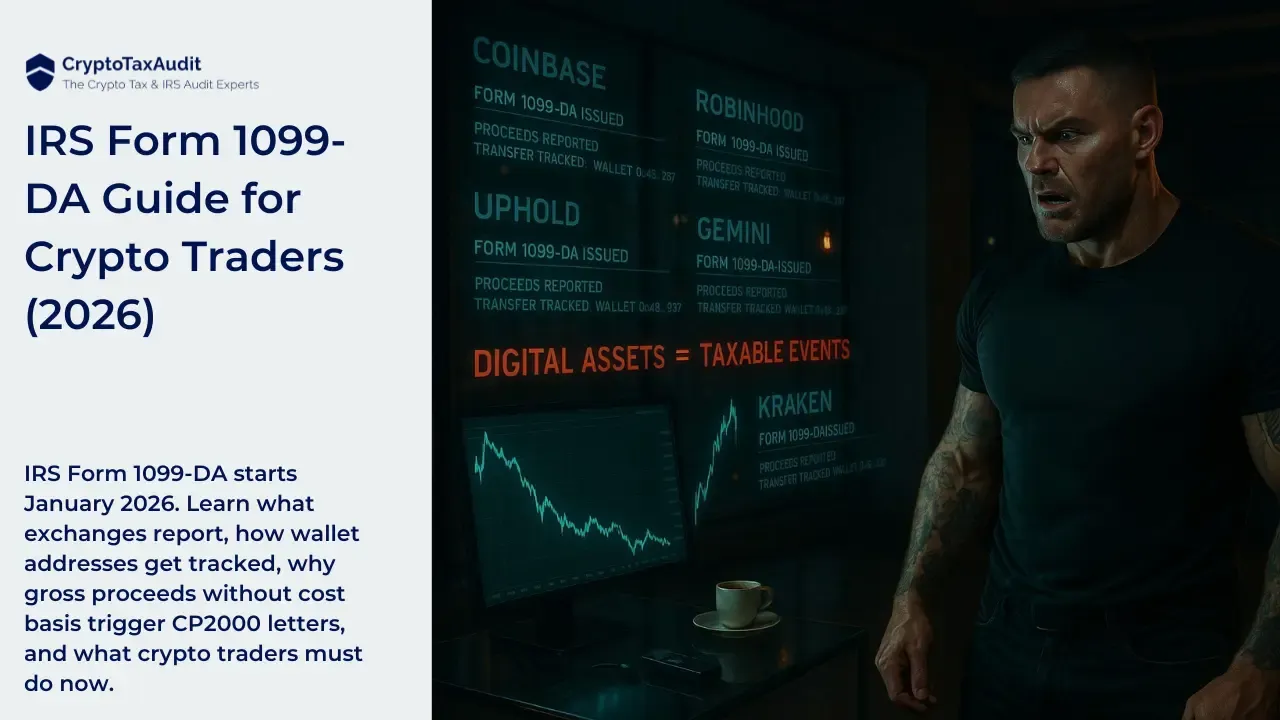Like-Kind Exchanges
Jan 01, 2023Like-kind exchanges (also called 1031 exchanges) are when you exchange real property used for business or held as an investment solely for other business or investment property that is of the same type or “like-kind” in a single transaction. Generally, if you make a like-kind exchange, you are not required to currently recognize gain or loss as any gain or loss is deferred until you sell or otherwise dispose of the property received in the exchange. However, if you also receive other non-like-kind property or money (boot) as part of the exchange, you will recognize gain.
To be a like-kind exchange, the property traded and the property received must be both qualifying property and like-kind property.
Mandatory rules. The like-kind exchange rules are mandatory. A taxpayer who sells property and buys similar property in two mutually dependent transactions may have to treat the sale and purchase as a single nontaxable exchange unless the transactions are structured to avoid the like-kind exchange rules. This may be something to consider for a property that has accumulated passive activity losses.
Qualifying Property
The like-kind exchange rules apply only to exchanges of real property and do not apply for personal property. Both the real property given up and the real property received must be held for productive use in your trade or business or for investment purposes.
Excluded property. Like-kind exchange rules do not apply to exchanges of the following property.
- Property used for personal purposes, such as a home.
- Vacation home held for appreciation but used for recreation (not considered investment property).
- Real property held primarily for sale (such as inventory).
- Partnership interests.
- Any personal property (e.g., machinery, equipment, vehicles) or intangible property (e.g., patents, intellectual property).
Like-Kind Property
Properties are of like-kind if they are of the same nature or character, even if they differ in grade or quality. Real properties generally are of a like-kind, regardless of whether they are improved or unimproved. For example, an apartment building would generally be like-kind to a shopping center.

Real property. Real property generally includes property classified under state and local law as real property. Real property also includes, but is not limited to, land and improvements to land, inherently permanent structures affixed to real property, structural components, and natural products.
Gain Recognized
In a like-kind exchange, realized gain is the excess of the fair market value (FMV) of the property received over the adjusted basis of the property given up. All, part, or none of the gain realized may be recognized (included in taxable income) in the year of the exchange. If the like-kind exchange involves the receipt of money or unlike property or the assumption of liabilities, some gain may be recognized.
Money paid. If, in addition to giving up like-kind property, you pay money in a like-kind exchange, you will not recognize gain or loss. Your basis of the property received is the basis of the property given up, increased by the money you paid.
Example: Dan trades an unimproved lot for an improved lot from his neighbor. The FMV of the new lot is $30,000. The FMV of the old lot is $8,000. Dan transfers the old lot to his neighbor plus $22,000 cash. The transaction qualifies as a like-kind exchange and Dan has no recognized gain or loss. Dan’s adjusted basis of the old lot is $6,000. His basis in the new lot is $28,000 ($6,000 plus the $22,000 cash paid). If Dan had sold the old lot to a third party for $8,000 and bought the new one from his neighbor, he would have recognized a $2,000 gain on the sale of the old lot ($8,000 minus $6,000 adjusted basis).
Money or unlike property received (boot). If you realize a gain on the exchange, gain must be recognized to the extent of the boot received. A loss is not deductible in an exchange in which you receive boot. Your taxable gain is the lesser of:
- Realized gain, or
- Cash and FMV of unlike property received reduced by closing costs.
Example: Willy’s adjusted basis in real property held for investment purposes is $180,000. He exchanges the property for another real property with a FMV of $200,000. He receives an additional $10,000 in cash and pays $5,000 in closing costs on the transaction. Willy’s total gain realized is $25,000 ($200,000 FMV – $180,000 basis + $10,000 cash received – $5,000 closing costs). However, only $5,000 ($10,000 cash received – $5,000 closing costs) must be recognized on his income tax return.
Liabilities assumed. If one party in a like-kind exchange assumes liabilities (such as a mortgage) of the other party, the party that is relieved of liability is treated as receiving cash in the amount of the liability.
Unlike property given up. If unlike property is given up in a like-kind exchange, the party who gives up the unlike property must recognize gain or loss on the unlike property.
Deferred Exchanges
A deferred like-kind exchange occurs when replacement property is received after the transfer of property given up. To qualify, the transaction must be an exchange of property for property rather than a transfer of property for money used to buy replacement property. Deferred exchanges must meet the 45-day identification period and 180-day receipt requirements. If, before receiving replacement property, you actually or constructively receive money or unlike property for the exchanged property, the transaction will be treated as a sale rather than a deferred exchange. One method to avoid actual or constructive receipt in a deferred exchange is to use a qualified intermediary.
Related Parties
If you engage in a like-kind exchange with a related party and, within two years either of you dispose of the property received, the previously deferred gain is recognized at the time of the disposition. A related party includes your spouse, child, grandchild, parent, grandparent, brother, sister, or a related corporation, S corporation, partnership, trust, estate, or tax-exempt organization.
An exception applies for transactions that do not have a purpose of tax avoidance.
Copyright © 2024 Tax Materials, Inc.
All Rights Reserved





